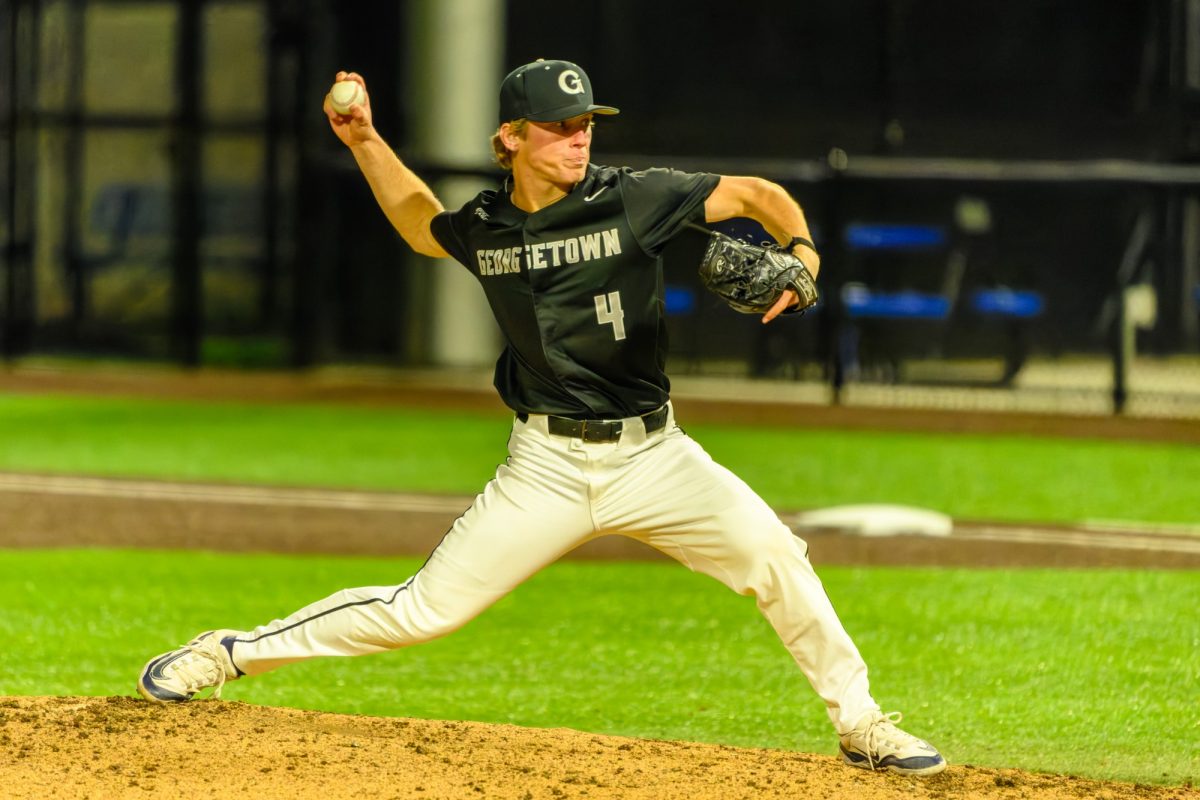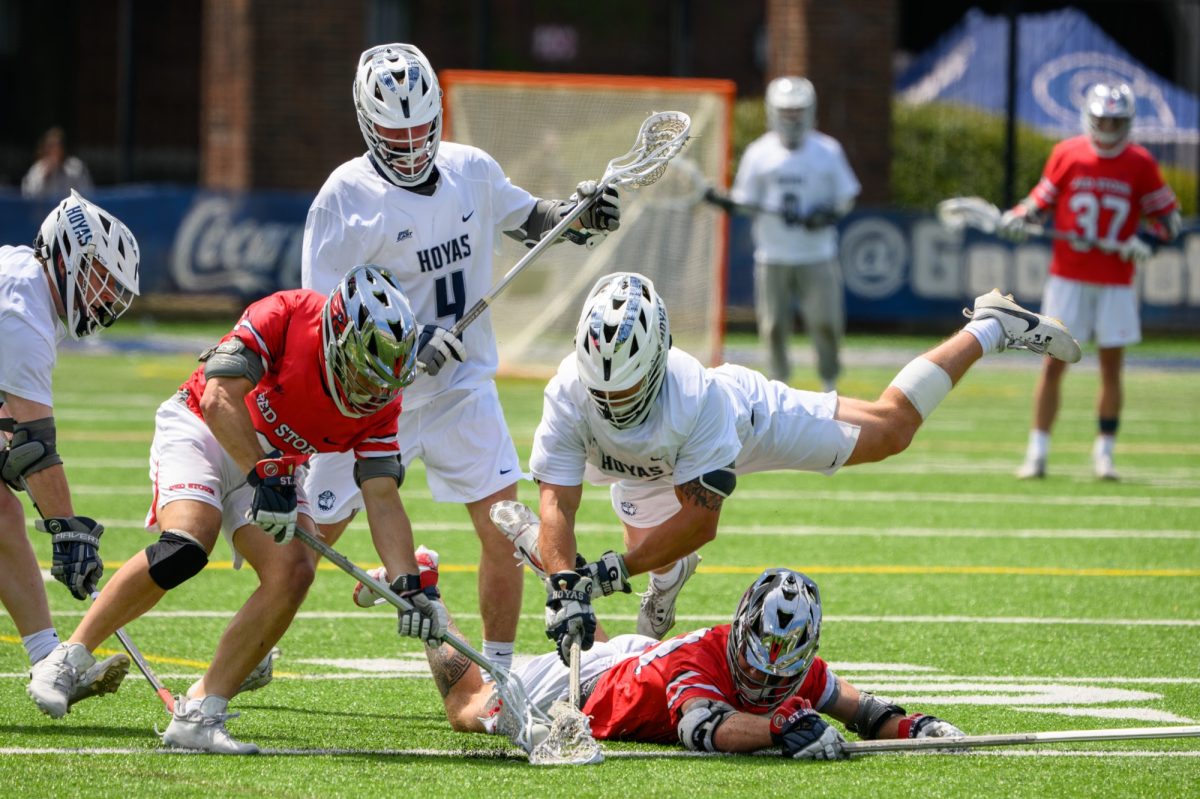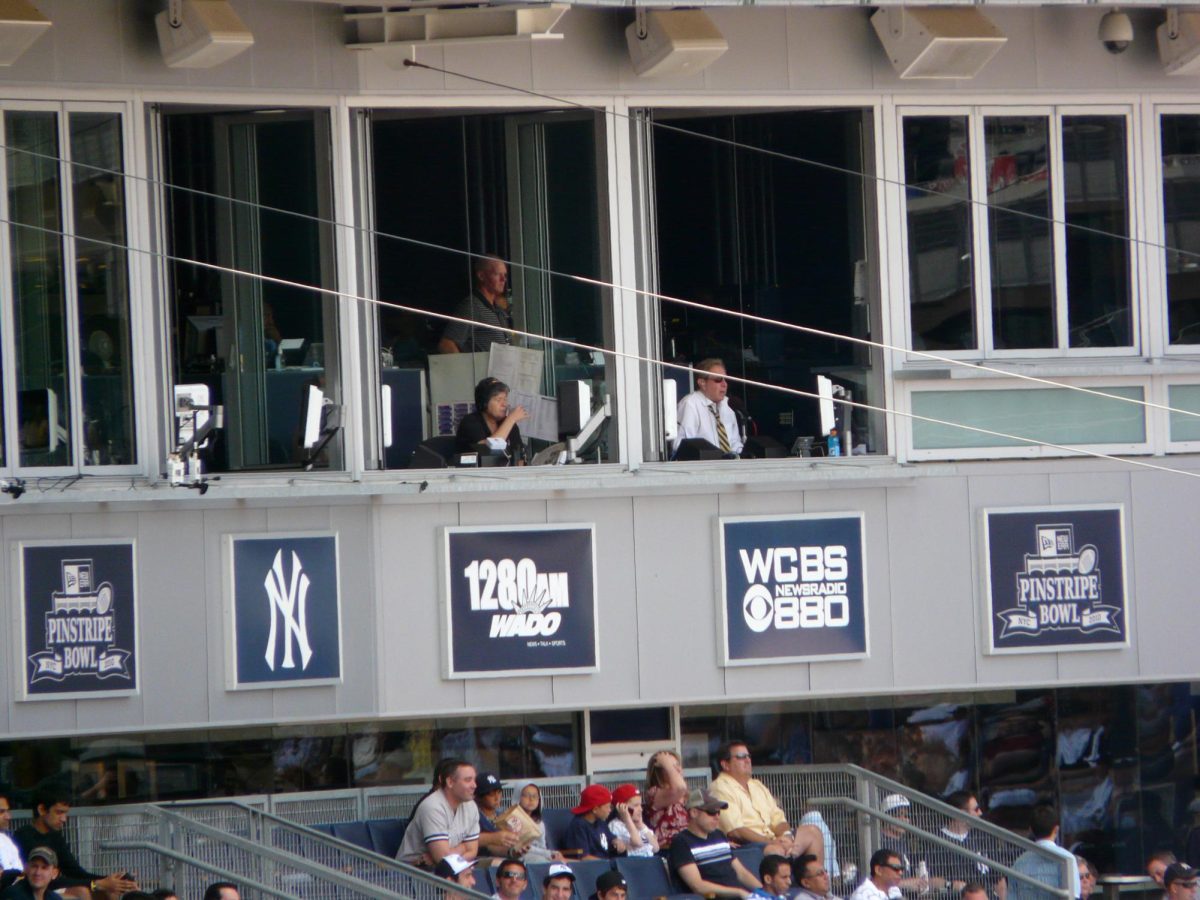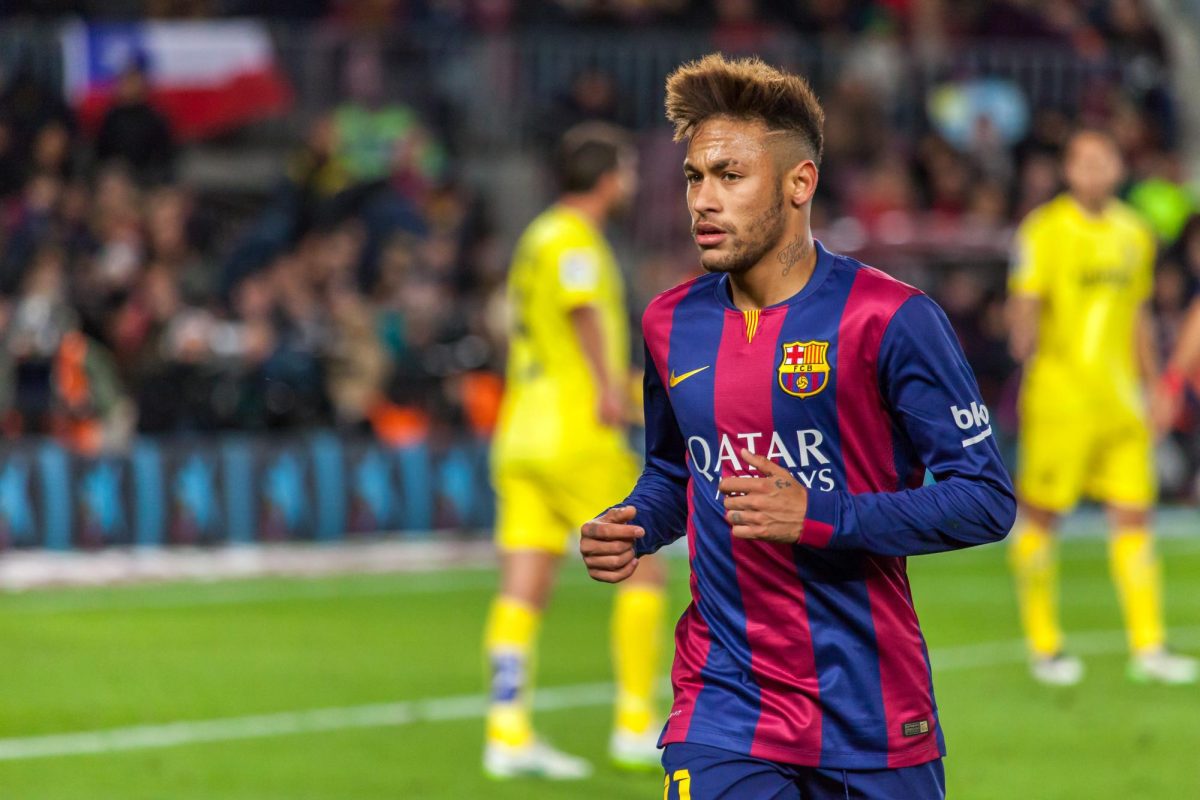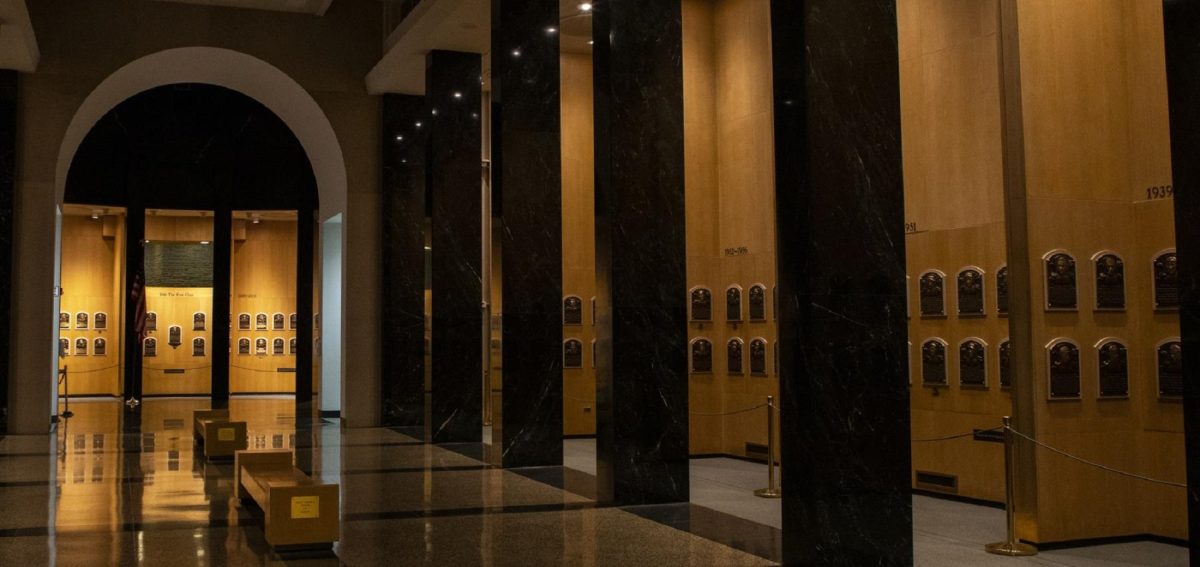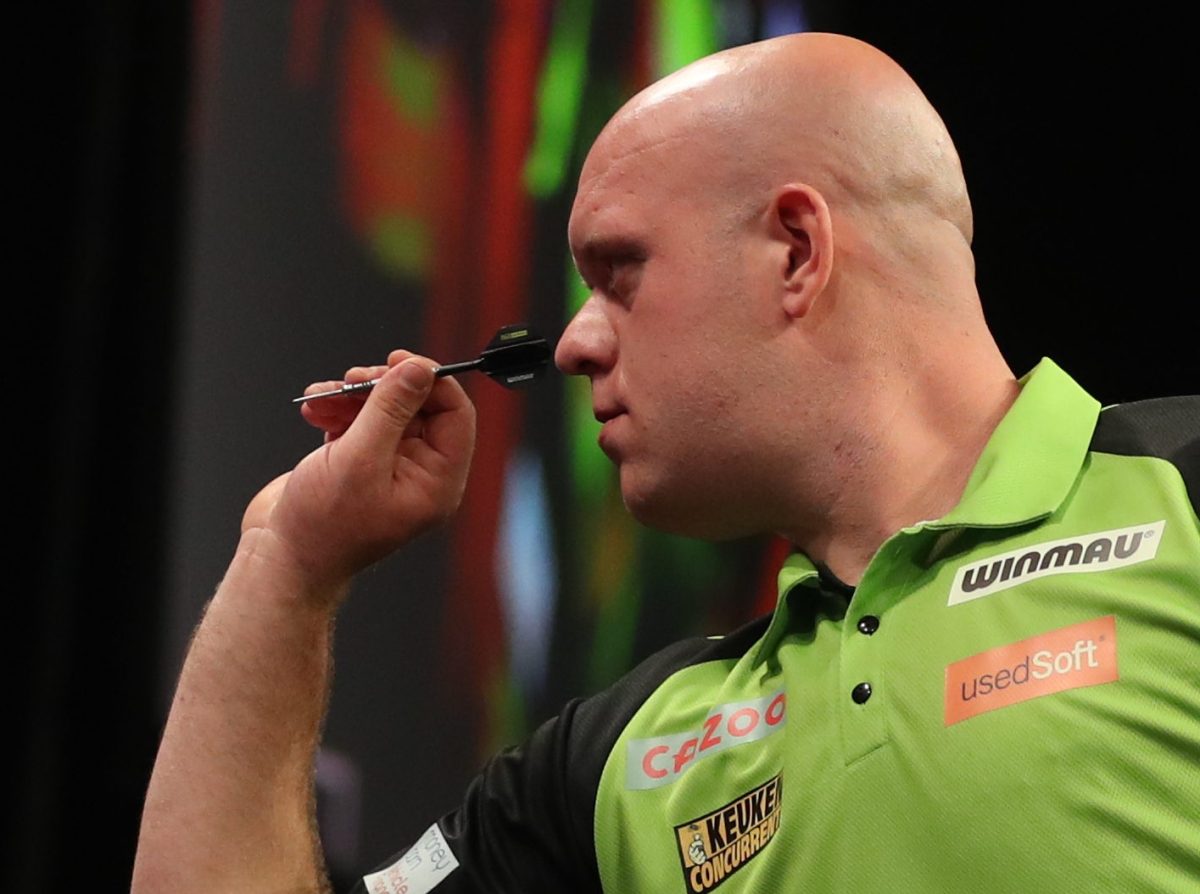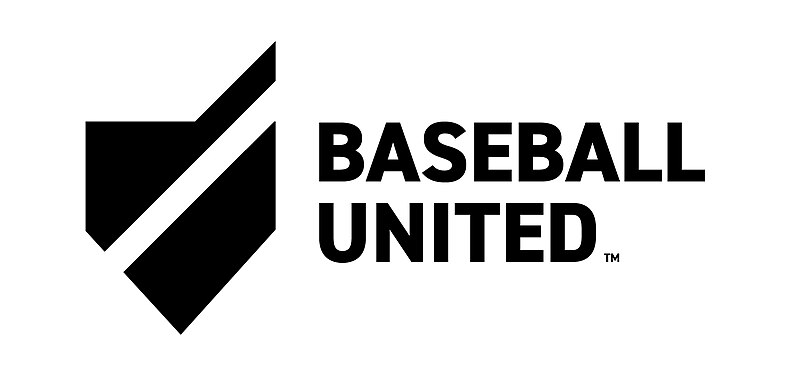Politics and soccer have always gone hand in hand, particularly in Europe, where football pitches have provided a stage for radical nationalists and racists for decades. Combine these tense conditions with soccer’s overall penchant for hooliganism and you have a recipe for a potential disastrous violent confrontation at any given stadium.
Currently, the Union of European Football Associations,is hosting qualifying rounds for the continental tournament in 2016, which is seen as the second most-important international soccer event, trailing only the World Cup. Despite the random nature of matchup selection in these qualifying matches, UEFA draws have had a lucky history of preventing countries that have opposed each other on the battlefield comparatively recently from opposing each other on the pitch — potential matches between Russia and Ukraine, Armenia and Azerbaijan and Spain and Gibraltar are all theoretically possible. However, this past Tuesday, they allowed Albania to visit Serbia for the first time in 47 years. The game did not pan out as expected, certainly bringing UEFA’s fortuitous streak to an end.
A brief history for those of us who have not had the pleasure of taking “Map of the Modern World”: Albania and Serbia have feuded. A lot. Serbia is largely Christian while Albania is largely Muslim. Since the collapse of Yugoslavia in 1992, much of this conflict has revolved around the state of Kosovo. Ethnically Albanian, it recently attempted to secede from Serbia in 2008 with much support from Albania itself. However, this came on the 10-year anniversary of a failed independence movement in 1998, which saw ethnic and religious tensions result in 5,000 Kosovar and the forcible relocation of much of the population. Needless to say, when a drone carrying a flag of Greater Albania, whose borders were depicted as including Kosovo, flew onto the pitch Tuesday, tempers boiled over.
During the 40th minute of the match, English referee Martin Atkinson was forced to halt play for the second time due to flare projectiles from the stands, as the flag made its way to the pitch at a height at which might have interfered with play. The whole debacle came to a head when Serbian defender Stefan Mitrovic snatched the flag from the drone, drawing the attention of a group of Albanian players who proceeded to struggle with him over control for the flag. A melee broke out as Serbian fans stormed the field, backing their team against the visitors. Unfortunately for the Albanians, whose supporters were barred from attending the match at Belgrade’s Partizan Stadium to prevent violence, the Serbians had home-field advantage and soon forced the team to flee back into the locker room under a hail of projectiles and blows. Needless to say, there will be an asterisk next to the 0-0 score recorded for the game, which was not resumed after the stoppage.
The fallout from this event got even stranger. Serbian officials initially claimed the drone was controlled from the VIP box by match attendee Olsi Rama, the brother of the Albanian prime minister, and subsequently arrested him. He has since been returned to his country and has refuted the claim, along with the soccer team, which was greeted at the Tirana airport by 3,000 cheering fans. Serbia further claims that Mitrovic, who was accosted almost immediately upon handling the drone, was simply attempting to fold up the flag to hand to an official, and that it was the Albanians who instigated the ruckus.
Outside of the political implications of the event, both Serbia and Albania have been promised heavy fines and sanctions by the UEFA governing body. These can possibly result in the countries’ chances for competition in 2016 becoming very slim in terms of the aggregate points that determine eligibility. Granted, Serbia is currently ranked 34th in the world while Albania is ranked 45th, but regardless, one should not automatically rule out either. Albania has never featured in a European Championship or World Cup, while Serbia last played in the Euro Cup in 2000 and the World Cup in 2010.
Ultimately, this match will not go down in history as the beginning of some grand armed conflict between Serbia and Albania. However, what it does is highlight the growth of disturbing trends within Europe. Nationalist tensions and movements are gaining steam throughout the continent, as shown by this year’s European Parliamentary elections and independence movements in Scotland, Catalonia and Flanders. The rhetoric of continental unity that has been pushed by the growth of the European Union in recent decades is slowly being undermined by this resurgence.
Soccer games provide the perfect venues for these vocal minorities because they provide the airtime and crowdsourcing that these grassroots movements thrive on. Despite all the money FIFA and its subsidiary leagues invest in promoting open-mindedness and understanding, matches will continue to be politicized, especially in international play, because of these sorts of nationalist stunts.
Max Fiege is a freshman in the School of Foreign Service. Out of Our League appears every other Friday.








